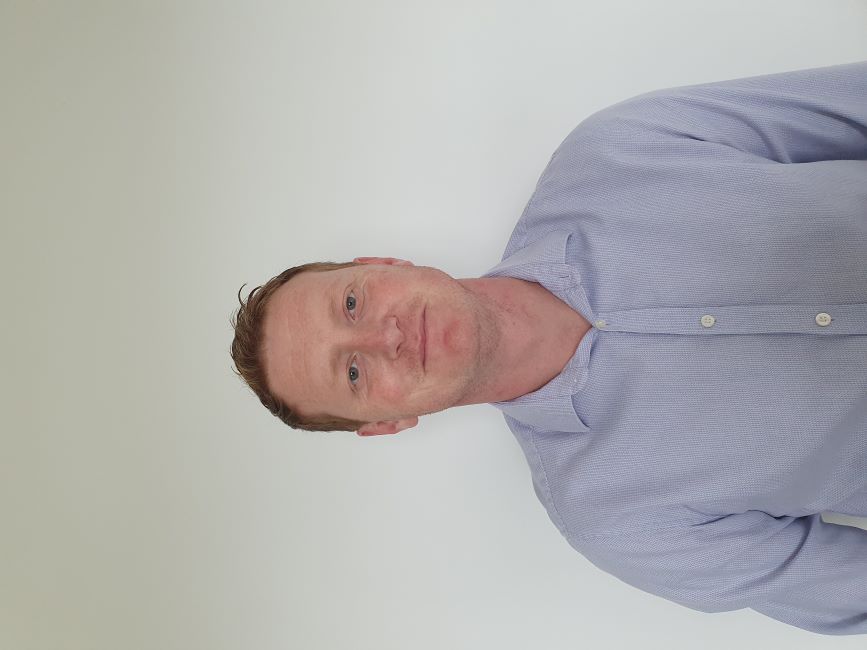Dr Adrian Yemm
Technical Team Lead, Leica Biosystems
I completed my PhD in Stem Cell Therapy at the University of Birmingham and moved straight into a research assistant role learning about the biophysics of T cell receptor signalling at the University of Oxford. This distinct change from my PhD training gave me a breadth of new knowledge and experience that significantly contributed to the development of my scientific abilities.
I returned to Birmingham and stem cell therapies for my first post-doc position in 2014 where I started to gain an understanding of translational research. I joined Newcastle in 2015, taking up my final postdoc role with Prof Neil Perkins and Prof Jeremy Lakey. This role involved the development of a new biomaterial for commercial applications and gave me my first insight into how research is directed when commercial applications are in mind. Excitingly, this project led to the formation of MarraBio, a spin out for Newcastle University and made me think seriously about moving out of the HE sector and into industry.
What’s the best part of your role at Leica Biosystems?
In 2020 I moved to Leica Biosystems (LBS) as a scientist, then senior scientist and then into my current role as a technical team lead in 2021. LBS is a global cancer diagnostics company based, in part, in Newcastle. My role involves project management, technical input and the direct line management of a small team working on R&D projects.
This is my first management role and it’s not without its challenges. With managing staff comes difficult conversations and working in a global environment with accountability for my projects on a world stage can be daunting. I’ve had some great training and support from my managers and peers though. Using my technical skills to ensure a project is on track is great but the true highlight of my role is being able to develop my team and see them grow as scientists with strong professional and translational skills that see them promoted.

Are there any transferrable skills you learnt as a post doc researcher that you still use today?
Absolutely! Critical thinking, experimental design and scientific theory are go to skills I use every day. In particular experimental design and hypothesis driven research mindsets are used frequently to assist in problem solving. The mentoring and teaching of students in the labs helped me learn how to coach effectively and how to have some difficult conversations. Data analysis (approaches and software), and understanding of data, has also significantly helped me in my career, especially as the world becomes more data intense.
The most valuable transferrable skill is how to handle failure and disappointment. The many hours of frustration felt from failing experiments and rejections from publishers helped build my resilience and an understanding that the world is not always a friendly place!
Critical thinking, experimental design and scientific theory are go to skills I use every day.
What has helped you progress in your career?
I think gaining a diversity of experience in different research fields, methods and labs has been an important part of my development and growth. It’s made me resilient, built my portfolio of skills and helped me understand what direction I want my career to go in. I’ve had some superb mentors and supervisors along the way too. I cannot stress enough the importance of being able to discuss issues openly with people you trust. Their support and constructive feedback has been so useful.
What are your long term career ambitions?
I love people management and the opportunity to develop my team to reach their career goals. I also enjoy making difficult and pressured decisions. I think I’m in the right environment for me to grow and move into more senior positions of responsibility.
